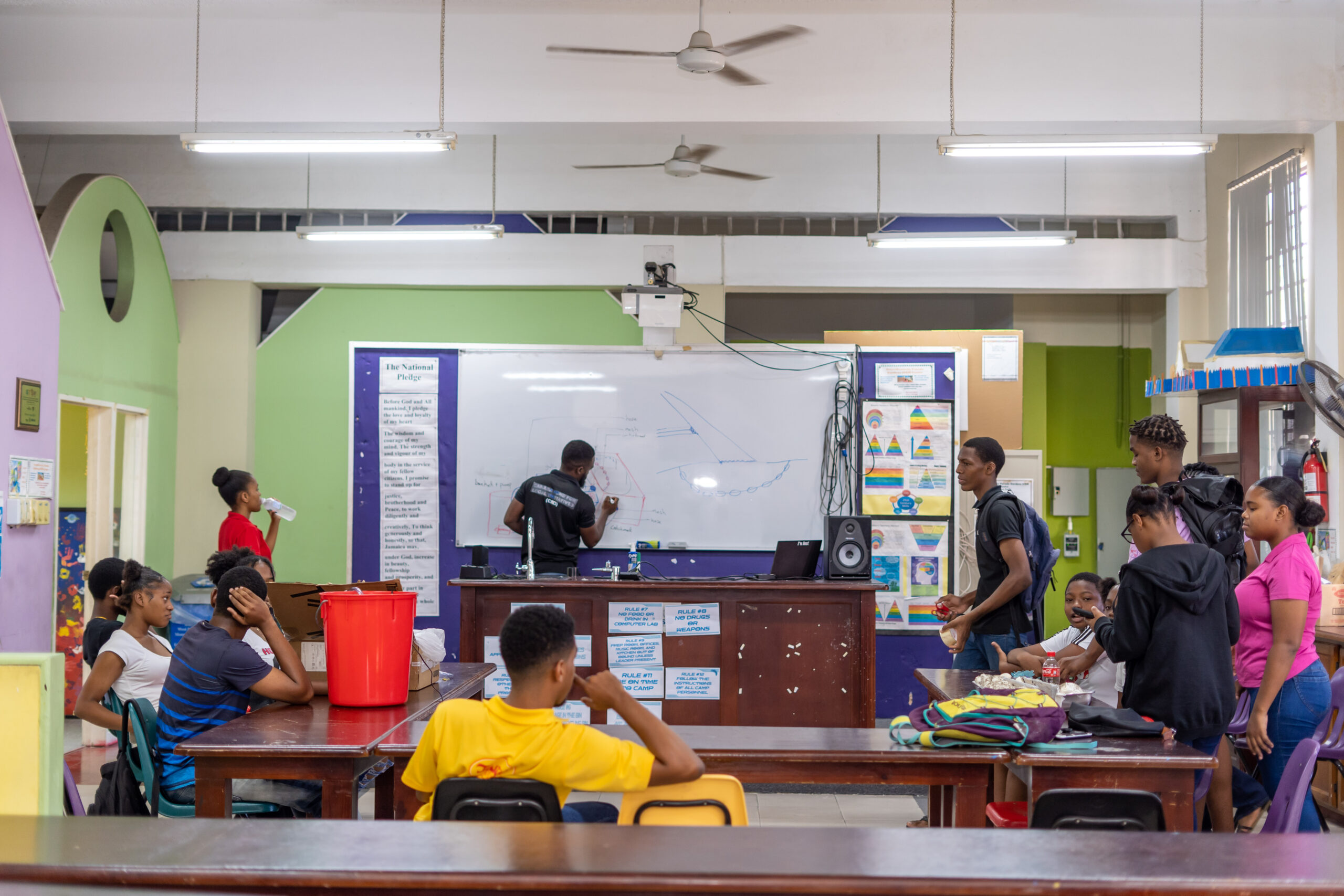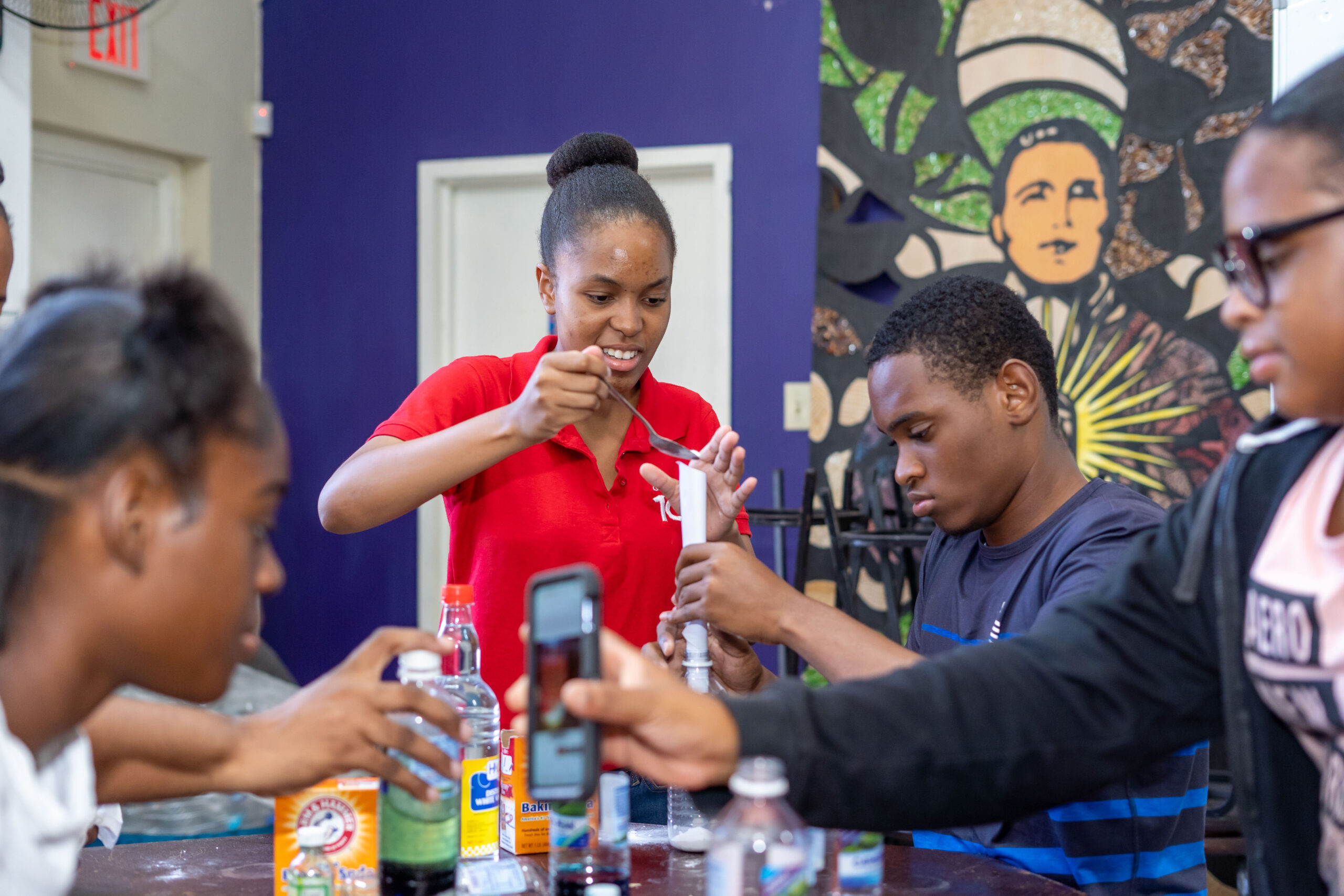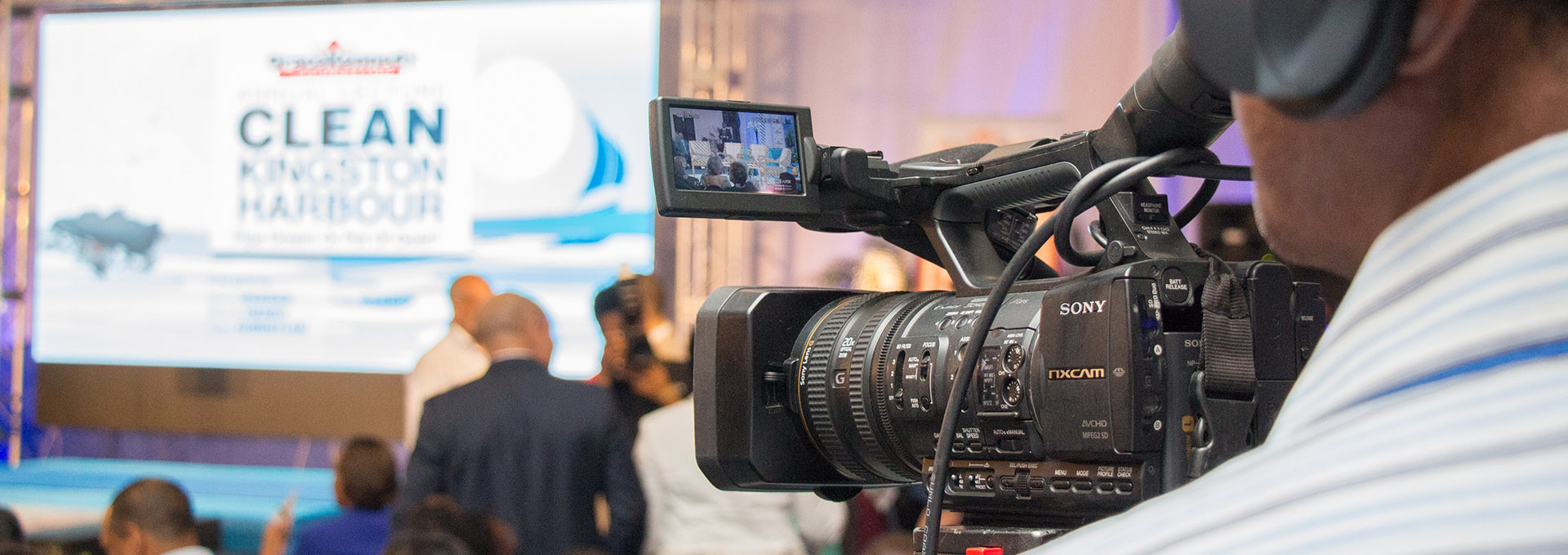The Grace & Staff Community Development Foundation (Grace & Staff) is continuing its mission to bridge the digital divide for underserved communities in Jamaica. Its recently launched Introduction to Coding Programme, which is being delivered in partnership with the Micro:bit Educational Foundation, aims to equip approximately 100 students from underserved communities in Jamaica with the vital skills needed to thrive in today’s digital world.
This six-week initiative, targeting students in Majesty Gardens and select downtown Kingston schools; and Dela Vega City and Quarry Hill in St. Catherine, will provide participants with hands-on experience in coding languages like Blocks, Java, and Python. Through lessons in algorithmic thinking, logical reasoning, and problem-solving, students will gain the tools and confidence to actively engage in digital spaces.

A major feature of the programme will be the micro:bit, a tiny programmable computer used to enhance students’ understanding of coding. The device is wearable and also lends itself to engineering projects, and measurements in science experiments.
“By partnering with the Micro:bit Educational Foundation, we are making a significant investment in the future of Jamaican youth,” said Sandrina Davis, CEO of Grace & Staff. “This programme will not only equip our students with coding skills, but also foster creativity, collaboration, and ethical technology use, impacting their lives and communities positively.”

The Micro:bit Educational Foundation, with its mission of bringing digital inspiration to students worldwide, views this partnership as an exciting opportunity. “Jamaica’s participation in the programme contributes to our goal of reaching 100 million students by 2028,” said Katie Henry, the Foundation’s Head of North America Partnerships, at the virtual launch of the programme on February 8. “We are confident that it will be a valuable addition to Grace & Staff’s, and Jamaica’s, STEM education efforts, sparking innovation and unlocking digital potential in Jamaican young people.”
Phase two of the programme, which is planned for later this year, will focus on teacher training, project development, and establishing coding clubs.
About the Grace & Staff Community Development Foundation
The Grace & Staff Community Development Foundation is a partnership between GraceKennedy’s management and staff, which was established in 1979, to support the upliftment of underserved communities surrounding GK’s operations in downtown Kingston. Over the decades, the reach of Grace & Staff has expanded to also include other communities in close proximity to GK’s facilities outside of Kingston. Grace & Staff provides support in the core areas of education, community outreach and development, and volunteerism.
About the Micro:bit Educational Foundation
The Micro:bit Educational Foundation is a not-for-profit organisation founded in the UK in 2016, with the aim of inspiring every child to create their best digital future.
They do this by:
- developing hardware and software that inspires young people to get excited about technology and the opportunities it presents for them
- creating free, user-friendly educational resources to support teachers in delivering engaging and creative lessons
- working with like-minded partners to deliver high-impact educational programmes across the globe.
























